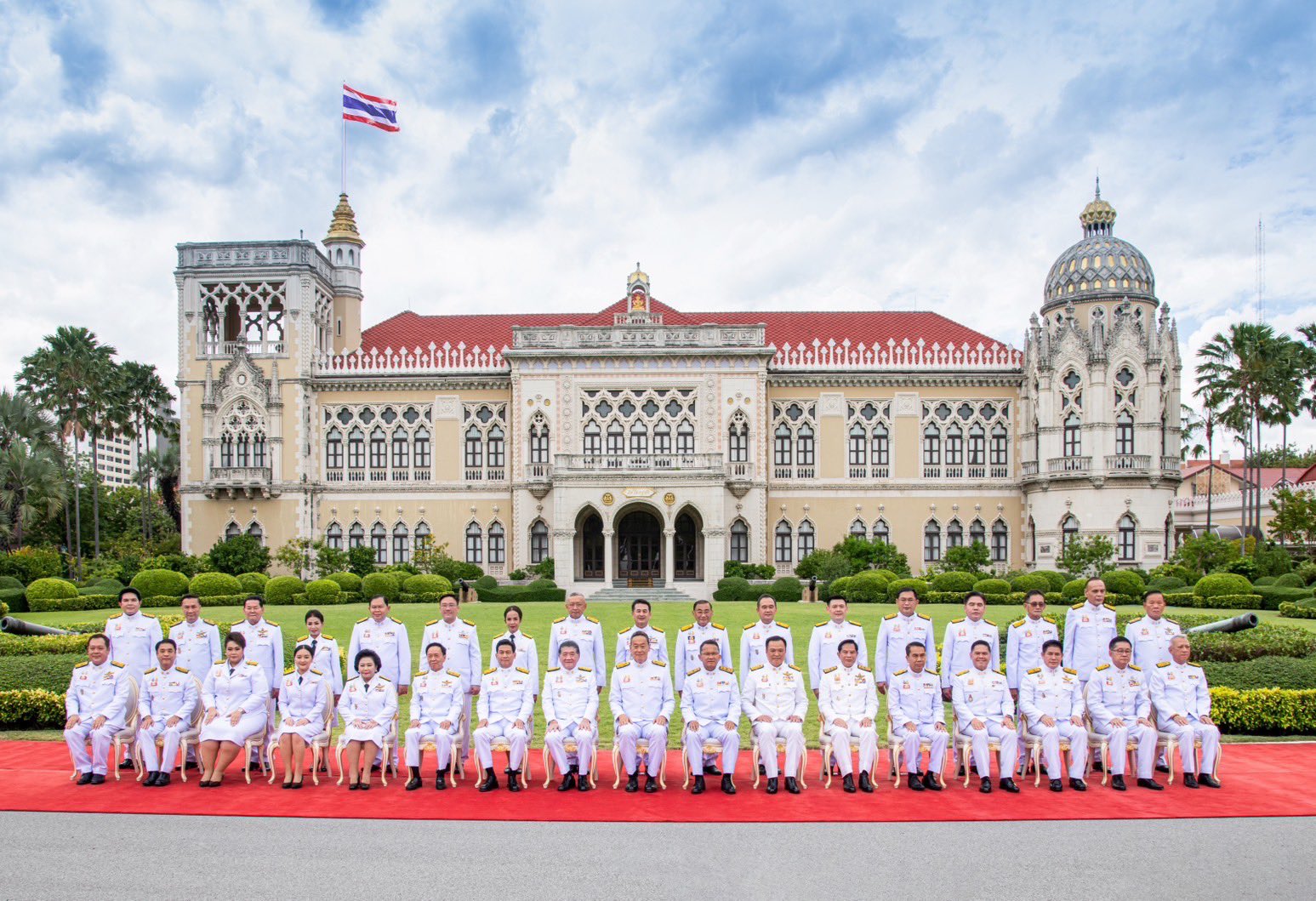
Thailand’s New Cabinet Sworn Into Office

Insights & News

BGA Welcomes Anuj Gupta as Managing Director for India
BowerGroupAsia (BGA) is pleased to announce the appointment of Anuj Gupta as the managing director …

Opportunities in Digital, Renewables and Critical Minerals Amid Diplomatic Strains
WHAT YOU NEED TO KNOW ON THE HORIZON South Africa Market Overview and Forecast Political …

Kenya’s Strategic Position as a Regional Financial and Technology Powerhouse
WHAT YOU NEED TO KNOW ON THE HORIZON Kenya Market Overview and Forecast Political Climate …
At BowerGroupAsia, we are committed to
delivering result-oriented solutions for our clients
We have proven track record of helping the world’s top companies seize opportunities and manage challenges across the dynamic Indo-Pacific region.




















